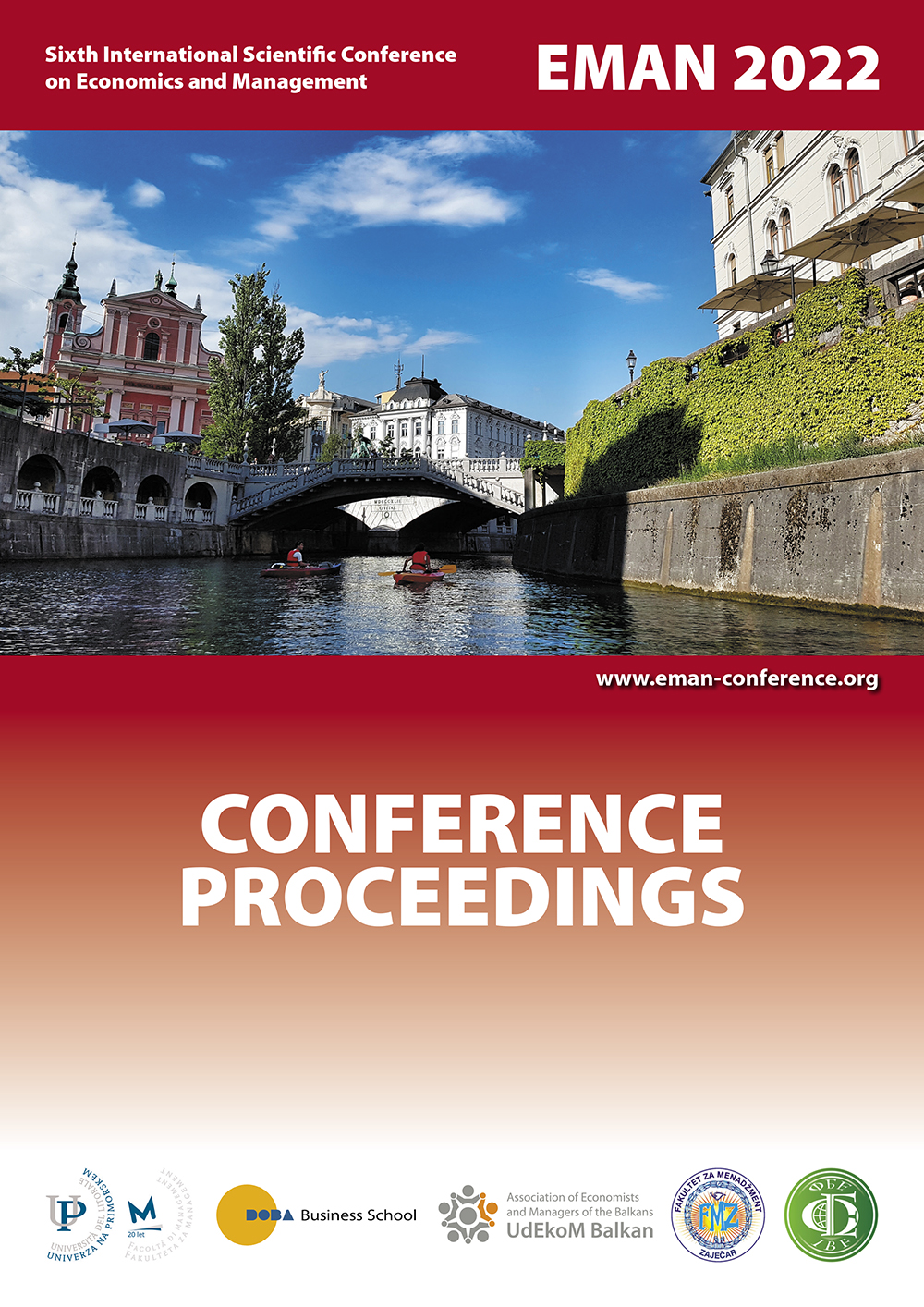Efikasnost europskog visokog obrazovanja u ostvarivanju ciljeva održivog razvoja
Efficiency Analysis of European Higher Education in Achieving Sustainable Development Goals
Author(s): Maja Mihaljević Kosor, Klara Jurčak
Subject(s): Social Sciences, Economy
Published by: Udruženje ekonomista i menadžera Balkana
Keywords: Higher education; Efficiency; Data constraint analysis; DEA; Sustainable development goal
Summary/Abstract: This research aims to evaluate the technical efficiency of higher education in EU member states in achieving the Sustainable Development Goals. Measuring the coefficient of technical efficiency provides more information on the extent to which inputs are used to produce outputs. Data Envelopment Analysis is used to determine the coefficients of technical efficiency. We use three inputs and three outputs in the evaluation of technical efficiency. The inputs used in this research are the total number of students, the number of academic staff and public expenditure on higher education, while the outputs are the number of graduates, employment rates of recent graduates and the overall score of the EU member state in the Sustainable Development Goals. Assessing technical efficiency ratios will help us determine which state uses its resources most efficiently in the higher education sector. It will also highlight less efficient countries and point out ways to improve their efficiency.
Book: EMAN 2022 / 6 – Economics & Management: How to Cope with Disrupted Times - CONFERENCE PROCEEDINGS
- Page Range: 225-230
- Page Count: 6
- Publication Year: 2022
- Language: Croatian
- Content File-PDF

